A newly published study suggests that radar signals emitted from airports on Earth could inadvertently act as "beacons" in space, attracting the attention of alien civilizations if they are listening.
Is the Earth "glowing" in space?
According to a group of experts from the University of Manchester (UK), radar signals used in civil and military aviation management, such as at major international airports O'Hare (Chicago), JFK (New York) or Heathrow (London), can escape the atmosphere and spread into space.
These signals are even strong enough to be detected by advanced radio telescopes from up to 200 light-years away.
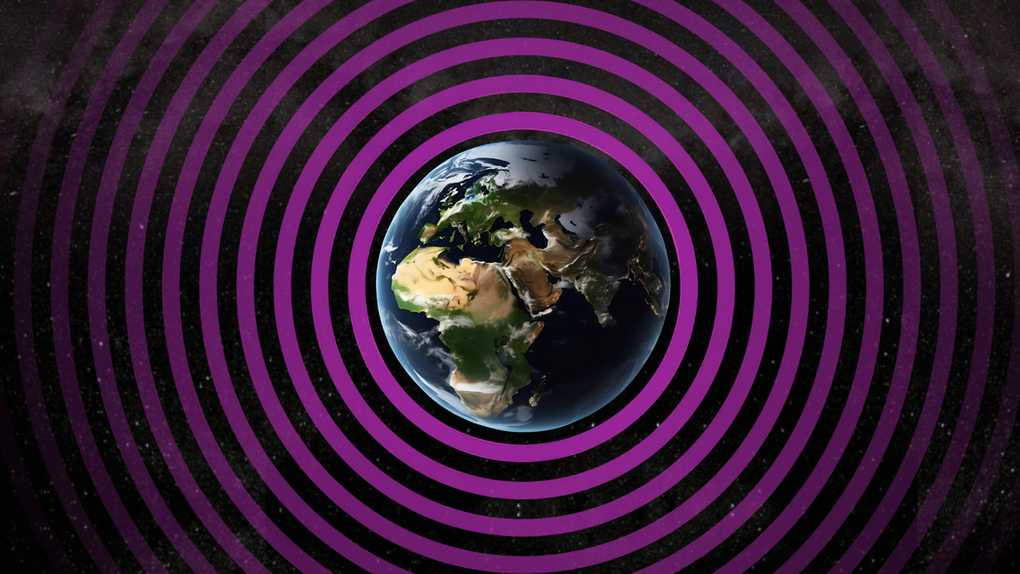
Radar signals emitted from Earth may reveal our presence to extraterrestrial civilizations (Photo: Space).
Just as we search for signals from distant planets, experts warn that these leaked radar signals could act as a “lighthouse” in reverse, helping aliens identify the presence of intelligent life on the blue planet.
Interestingly, these signals not only represent human presence, but also reflect our level of technology.
If there were a sufficiently advanced civilization, they would be able to recognize that this was an artificial signal and speculate about the source behind it.
The risk of being "tracked" from nearby planets
The study simulated the possibility of detecting these signals from several stars near Earth, such as Barnard's Star (6 light-years away) or AU Microscopii (31.7 light-years away).
In particular, the planet Proxima Centauri b, which is only 4 light-years from Earth, could be the first "neighbor" to detect our signal if the civilization there also uses a powerful radio telescope like the Green Bank telescope in the US.
However, the possibility of a "meeting" happening is still very slim.

Could alien life detect and reach us? (Photo: Getty).
That's because even if an alien civilization discovers us and possesses advanced spacecraft, traveling across distances of light years would still be a huge challenge, possibly taking thousands of years.
Besides opening up a new approach in the search for extraterrestrial life (SETI), the research also has practical implications for technology on Earth.
Understanding how signals propagate through space will help improve radar design and help protect radio spectrum – an increasingly scarce resource in the digital age.
“We’re not just looking for aliens,” said study co-author Professor Michael Garrett. “Our research also helps us understand the impact of technology on the space environment, and helps us build safer and more efficient systems.”
Source: https://dantri.com.vn/khoa-hoc/radar-trai-dat-co-the-de-lo-su-song-voi-nguoi-ngoai-hanh-tinh-20250710052703790.htm







![[Photo] Dan Mountain Ginseng, a precious gift from nature to Kinh Bac land](/_next/image?url=https%3A%2F%2Fvphoto.vietnam.vn%2Fthumb%2F1200x675%2Fvietnam%2Fresource%2FIMAGE%2F2025%2F11%2F30%2F1764493588163_ndo_br_anh-longform-jpg.webp&w=3840&q=75)
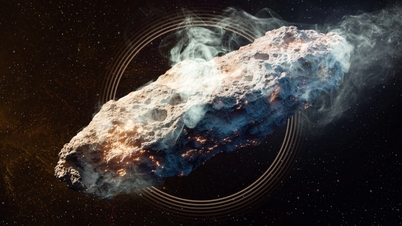
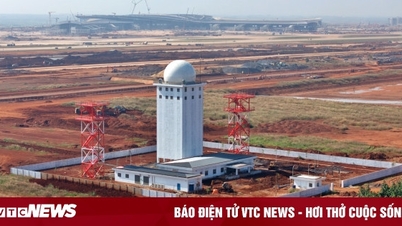









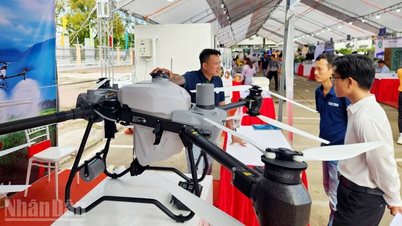

















































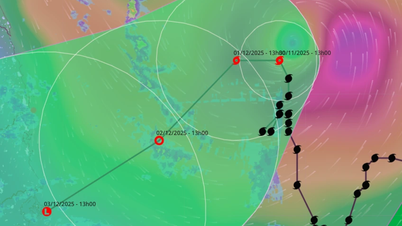

















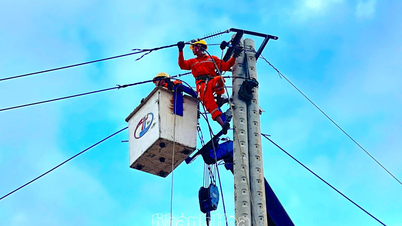


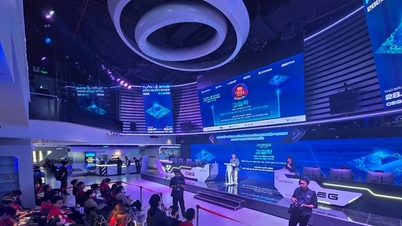














Comment (0)